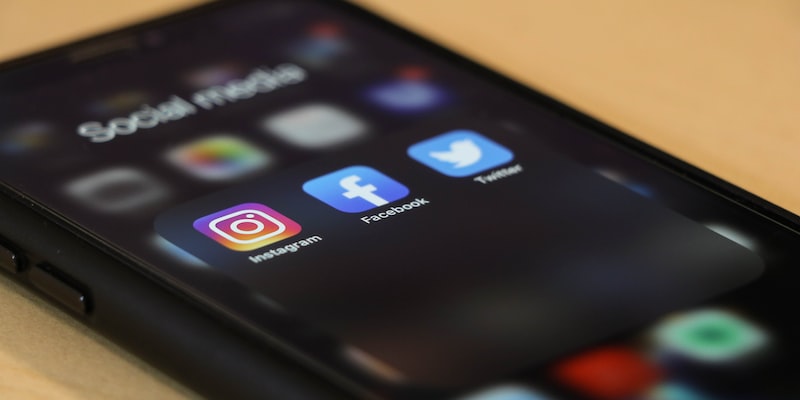
An Analysis of How Social Media Addiction is Impacting Mental Health
In today's digital world, social media has become an integral part of many people's lives. While it can be a great way to stay connected with family and friends, it can also be a source of stress and anxiety. In fact, a growing body of research points to the negative impacts that social media addiction can have on a person's mental health.One of the most common effects of social media addiction is an increase in anxiety. Constantly scrolling through feeds and comparing your life to others can lead to feelings of inadequacy and insecurity. This can then lead to an overall decrease in self-esteem and even depression in some cases.
In addition to anxiety and depression, social media addiction can also lead to feelings of isolation. When people spend too much time on social media, they may begin to rely on it as a primary source of social interaction. This can lead to feelings of loneliness and even isolation from the real world.
Finally, social media addiction can also lead to negative effects on physical health. People who are addicted to social media may be more prone to sleep problems, fatigue, headaches, and even digestive issues. This can then lead to further stress and anxiety, further exacerbating the negative mental health effects.
While social media can be a great way to stay connected, it is important to keep in mind the potential risks it can pose to your mental health. By limiting your use of social media and taking the time to engage in activities that bring you joy, you can help to protect your mental health and wellbeing.
The Pros and Cons of Social Media Use: Is it Enhancing or Ruining our Lives?
Social media has become an integral part of our lives in the 21st century. It has revolutionized the way we communicate and interact with each other, allowing us to keep in touch with friends and family around the world. But is our reliance on social media actually ruining our lives?On the one hand, social media can be incredibly empowering. Through it, we can express our opinions, share our stories, and communicate with people who may think differently than us. We can stay informed on the news and current events, connect with like-minded individuals, and even create meaningful connections with others.
On the other hand, there are some definite drawbacks to relying too heavily on social media. Too much time spent on social media can lead to feelings of loneliness and depression, as it often creates a false sense of connection and community. Additionally, it can be a breeding ground for cyberbullying and hate speech, which can have serious effects on our mental health. Furthermore, our personal data is often shared with advertisers, meaning we are constantly bombarded with ads and messages tailored to our tastes.
Ultimately, it is up to us to decide how we use social media and to ensure that it is enhancing our lives, rather than ruining them. We need to be mindful of the time we spend on social media, and make sure that we are engaging in meaningful activities. Additionally, we should strive to use social media for good, being sure to use our platforms to lift up others and spread positivity. By doing this, we can ensure that our use of social media is enhancing our lives, rather than ruining them.
Examining the Unseen Effects of Social Media: Is it Making Us Unhappy?
In recent years, social media has become an integral part of many people’s lives. While there are many positive aspects to using social media, such as staying connected with friends and family, it can also have a negative effect on our mental health. Studies have shown that the use of social media can lead to feelings of anxiety, depression, low self-esteem, and even addiction.The danger of social media lies in how it can make us compare our lives to others. We are constantly bombarded with idealized images and stories of people's lives, and this can lead to a feeling of dissatisfaction with our own lives. This comparison can cause us to feel inadequate and can lead to feelings of envy, jealousy, and even depression.
In addition to the mental health risks associated with social media, it can also lead to physical health issues as well. Social media can be very distracting and can lead to a lack of productivity, which can lead to stress and fatigue. It can also lead to a lack of sleep and a decrease in physical activity.
Social media can be a great way to stay connected with friends and family, but it is important to recognize the potential risks that come along with it. It is important to be aware of how social media can affect our mental and physical health and to take steps to protect ourselves. Taking breaks from social media, setting limits on the amount of time spent on it, and having honest conversations with friends and family can all help to mitigate the risks associated with its use.

